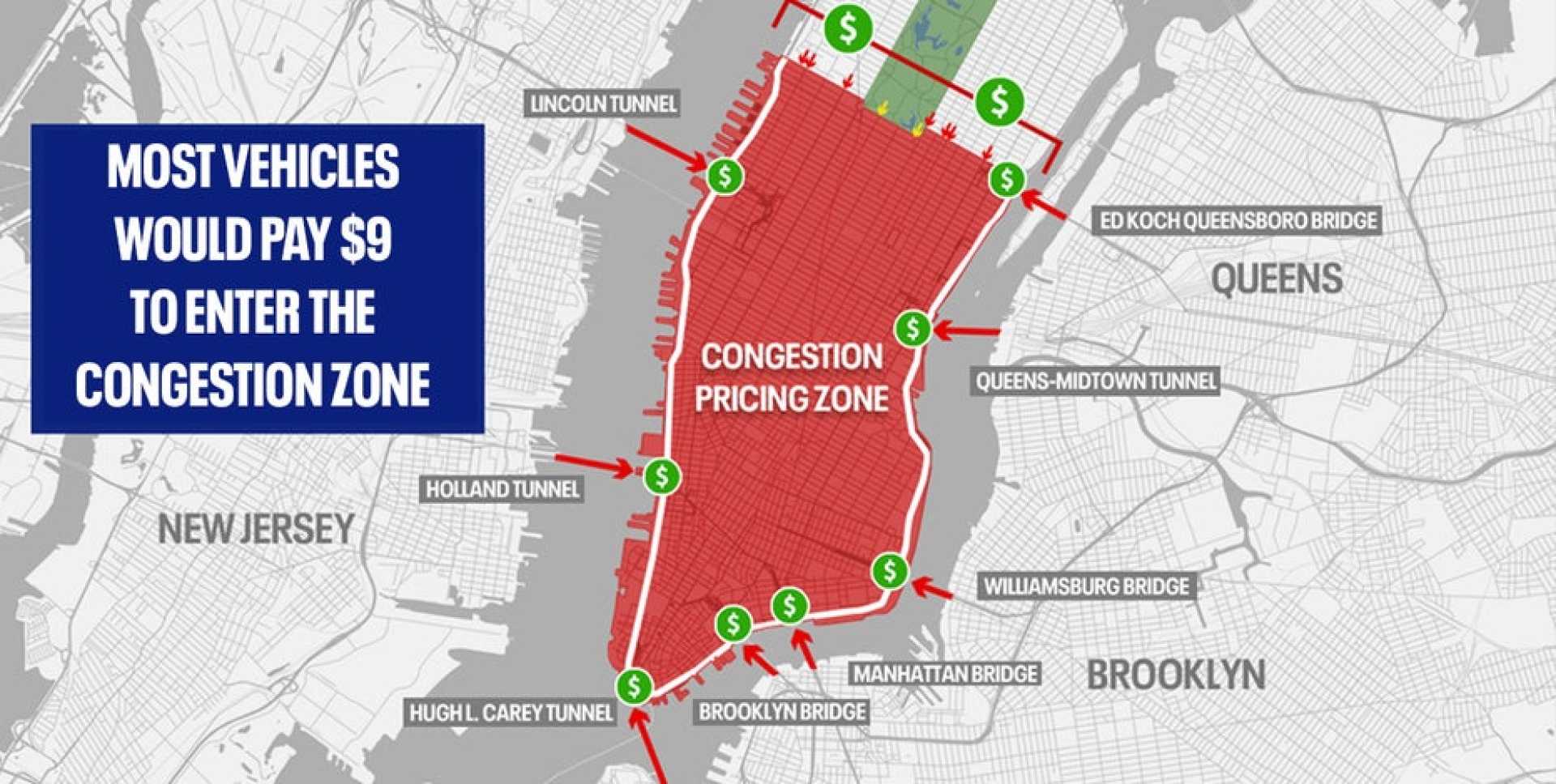Politics
Trump Administration Rescinds NYC Congestion Pricing Program Amid Public Backlash

NEW YORK CITY — The Trump administration is set to announce the termination of New York City‘s controversial congestion pricing plan, a move that could spell the end of the program. The plan, criticized as ‘backwards and unfair,’ has faced significant public backlash since its inception.
Transportation Secretary Sean Duffy will send a letter to New York Governor Kathy Hochul on Wednesday, detailing the termination of the toll program aimed at drivers entering Manhattan below 60th Street. This decision represents a significant blow to the state’s efforts to fund its transportation infrastructure.
In his statement, Duffy remarked, ‘New York State’s congestion pricing plan is a slap in the face to working-class Americans and small business owners.’ He emphasized that commuters who enter New York City have already funded roadway construction through taxes, and the proposed tolls would further burden drivers without providing a viable toll-free alternative.
The congestion pricing program, which began on January 5 and imposed a $9 surcharge on drivers entering certain areas of Manhattan, was designed to generate revenue for the Metropolitan Transportation Authority (MTA). However, Duffy noted that the program primarily served the purpose of revenue generation rather than true congestion relief.
The U.S. Department of Transportation plans to rescind the agreement made under the Value Pricing Pilot Program (VPPP), which has been criticized for its failure to comply with federal regulations. These regulations prohibit tolls on federally funded roads unless a specific exemption is granted by Congress.
In justifying the decision, the DOT concluded that the toll rate was not established with the intention of reducing congestion, contrary to the initial goals of the VPPP. The department’s letter also emphasized that every American should have access to New York City, advocating that transportation should not be reserved for those with greater financial resources.
Last month, The Post questioned Hochul about how the state planned to assess the effectiveness of the congestion pricing scheme, which aimed to raise billions for the MTA’s $15 billion capital improvement plan for 2020-2024. Hochul assured, ‘There’ll be more data than you can imagine,’ but faced skepticism due to the program’s rocky start.
As the public’s discontent with the tolls became apparent following the implementation in January, the Department of Transportation stated it would collaborate with project sponsors for an ‘orderly termination’ of the program, although timelines for halting toll collections remain unclear.
The controversy surrounding the congestion pricing scheme has highlighted the ongoing struggle to balance urban transit funding with the economic realities faced by many commuters and small business owners in the New York City area.












